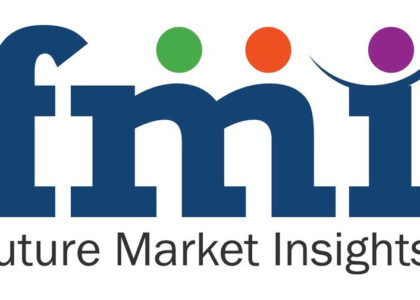The Artificial Intelligence (AI) in automotive market is anticipated to record a robust CAGR of 55% between 2023 and 2033. The market is anticipated to cross a market share of US$ 9.3 billion in 2023, while it is expected to be valued at US$ 744.39 billion by 2033.
Key Points
- The United States market is another significant market. The market growth is attributed to the presence of EV giants like Tesla, which delivers advanced AI and ML integration. The increased acceptance of autonomous and self-driving vehicles is fueling the sales of AI in the automotive
- Artificial intelligence (AI) in the automotive market in China is another significant market. The growth is attributed to the expanded manufacturing units, high-end research, and advanced experimentation.
- Europe with its environmental compliance adopts EVs and Hybrid Vehicles, which further fuels the demand for AI-integration prospects.
- The software segment is likely to thrive in the component category due to the common application and automotive implementation. It is expected to hold a value of US$ 200 billion by 2033.
- The fully autonomous segment tops the application category with an anticipated value of US$ 30 billion by 2033. The growth is attributed to the advent of self-driving assistance systems.
Competitive Landscape
The key competitors focus on inclusivity, while adding sensors and smart software to enhance the guided systems. Companies follow the artificial intelligence innovation with the key competitors and merge, acquire, and partner with other companies to increase the network range, connectivity, supply chain, and distribution channel. The key players in the market are: BMW AG, AUDI AG, Intel Corporation, Tesla Inc, Uber Technologies, Volvo Car Corporation, Honda Motors, Ford Motor Company, NVIDIA Corporation, and Tencent
Elevate Your Business Strategy! Purchase the Report for Market-Driven Insights:
https://www.futuremarketinsights.com/checkout/16669
Key Segments
By Component:
- Hardware
- Software
- Services
By Technology:
- Computer Vision
- Context Awareness
- Deep Learning
- Machine Learning
- Natural Language Processing (NLP)
By Process:
- Data Mining
- Image/signal Recognition
By Application:
- Semi-autonomous vehicles
- Fully-autonomous Vehicles
By Region:
- North America
- Latin America
- Europe
- Asia Pacific (APAC)
- The Middle East & Africa (MEA)
Author
Nikhil Kaitwade (Associate Vice President at Future Market Insights, Inc.) has over a decade of experience in market research and business consulting. He has successfully delivered 1500+ client assignments, predominantly in Automotive, Chemicals, Industrial Equipment, Oil & Gas, and Service industries.
About Future Market Insights (FMI)
Future Market Insights, Inc. (ESOMAR certified, recipient of the Stevie Award, and a member of the Greater New York Chamber of Commerce) offers profound insights into the driving factors that are boosting demand in the market. FMI stands as the leading global provider of market intelligence, advisory services, consulting, and events for the Packaging, Food and Beverage, Consumer, Technology, Healthcare, Industrial, and Chemicals markets. With a vast team of over 5000 analysts worldwide, FMI provides global, regional, and local expertise on diverse domains and industry trends across more than 110 countries.
Contact Us:
Future Market Insights Inc.
Christiana Corporate, 200 Continental Drive,
Suite 401, Newark, Delaware – 19713, USA
T: +1-845-579-5705
For Sales Enquiries: sales@futuremarketinsights.com
Website: https://www.futuremarketinsights.com
LinkedIn| Twitter| Blogs | YouTube

